If you’re not aware of the work of Minnette de Silva, you might not be alone. Requested to call Sri Lanka’s most influential architect, many would possibly go for Geoffrey Bawa, whose Lunuganga Property now you can go to. But it might be unfair to neglect this different regional modernist structure pioneer of the tropical island nation, de Silva (1918–1998), who based the Studio of Trendy Structure in Kandy, Sri Lanka, in 1947 – one of many first ladies on the earth to determine an expert architectural apply as sole principal.
Pieris Home, Colombo, by Minette de Silva’s Studio of Trendy Structure
(Picture credit score: Mack Books)
Tour the work of Sri Lankan architect Minnette de Silva
Her story and initiatives are eventually given the highlight in a brand new guide, Minnette de Silva: Intersections, by architectural historian Anooradha Iyer Siddiqi. Illustrated with new images, drawings and archival materials, the monograph is formed round themes of ecology, society and heritage, with detailed shows of de Silva’s important initiatives constructed throughout Sri Lanka.
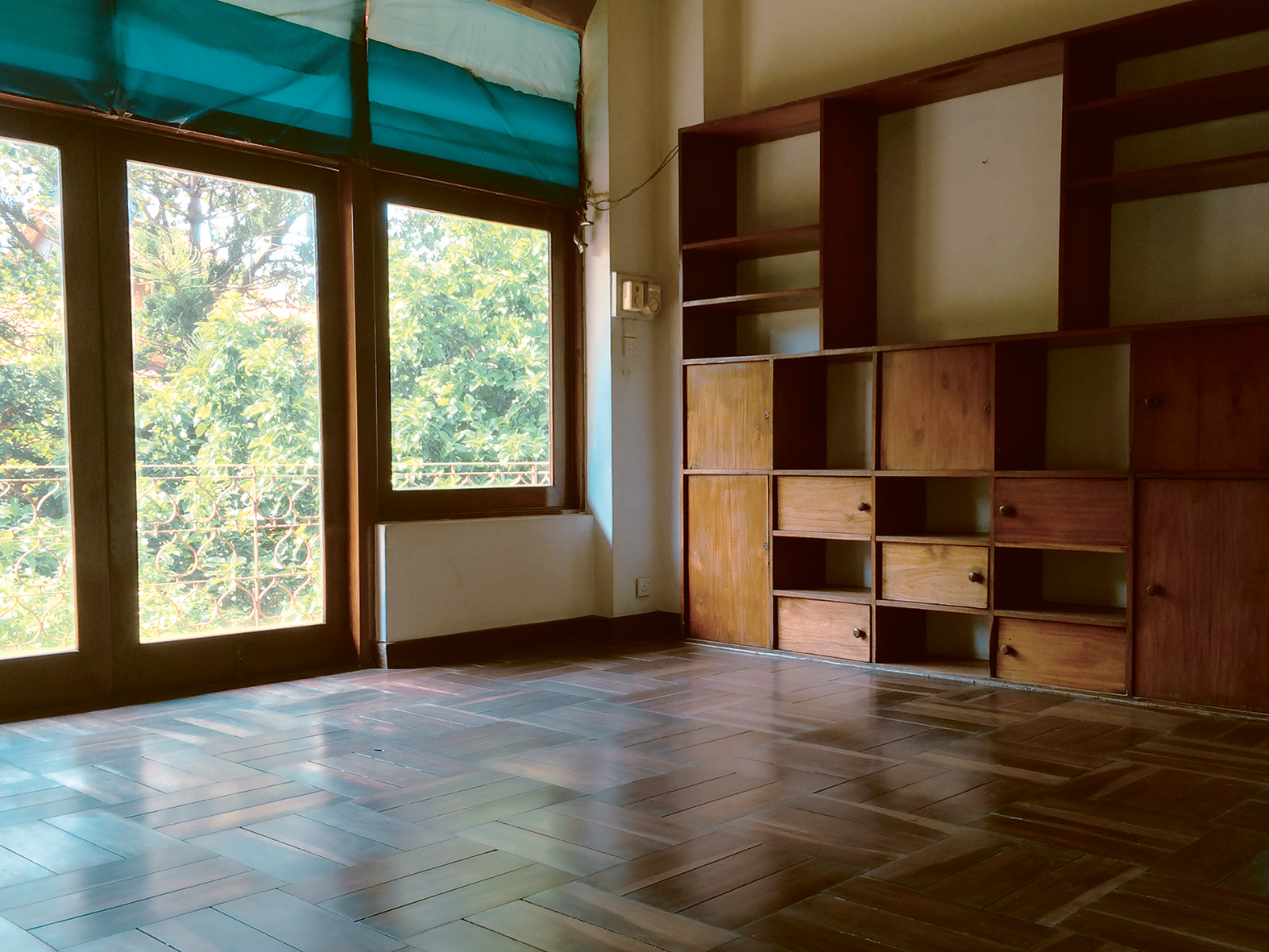
Eating room with built-in picket cupboards and cabinets, Pieris Home, Colombo
(Picture credit score: Mack Books)
Hailing from a Sinhalese-Burgher household, with each her dad and mom energetic within the anticolonial and common franchise actions, De Silva first encountered structure via a gathering with city planner Oliver Weerasinghe. She educated in Mumbai at Mistri and Bhedwar, led amongst others by Perin Mistri, one of many first ladies in India to apply structure, however her research have been interrupted by her participation within the Stop India protests, which induced her to be expelled.
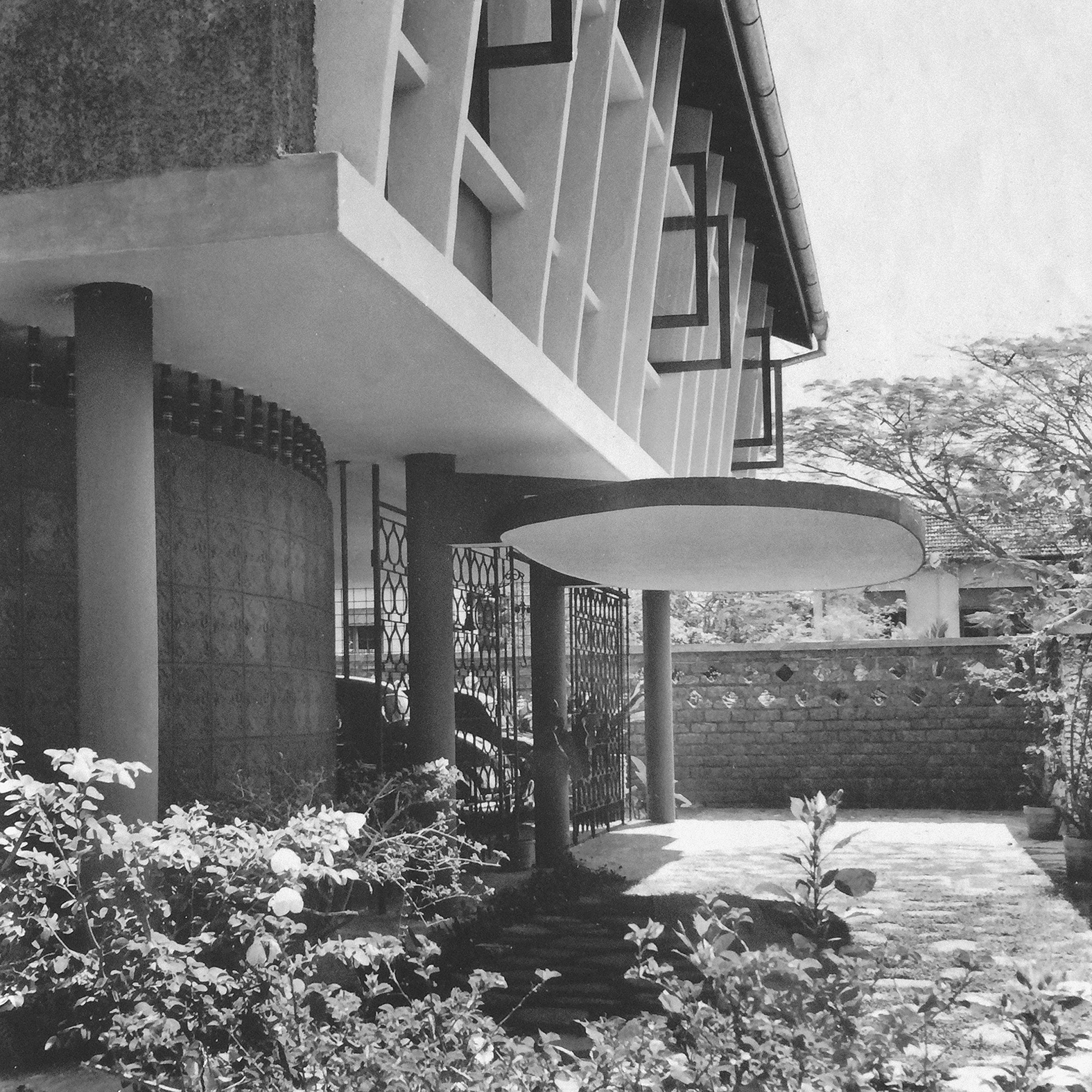
Home for WAE Molamure, 1955, Bolgoda, by Minette de Silva’s Studio of Trendy Structure
(Picture credit score: Mack Books)
She then labored within the non-public workplace of Otto Koenigsberger, chief architect of the Princely State of Mysore, on a undertaking developed beneath the industrialist JRD Tata: an extension to Jamshedpur, India’s first deliberate housing undertaking for industrial staff. After the battle, De Silva moved to London, the place she was in a position to enroll within the Architectural Affiliation in London and full her research, beneath, amongst different tutors, Arthur Korn of the MARS Group.
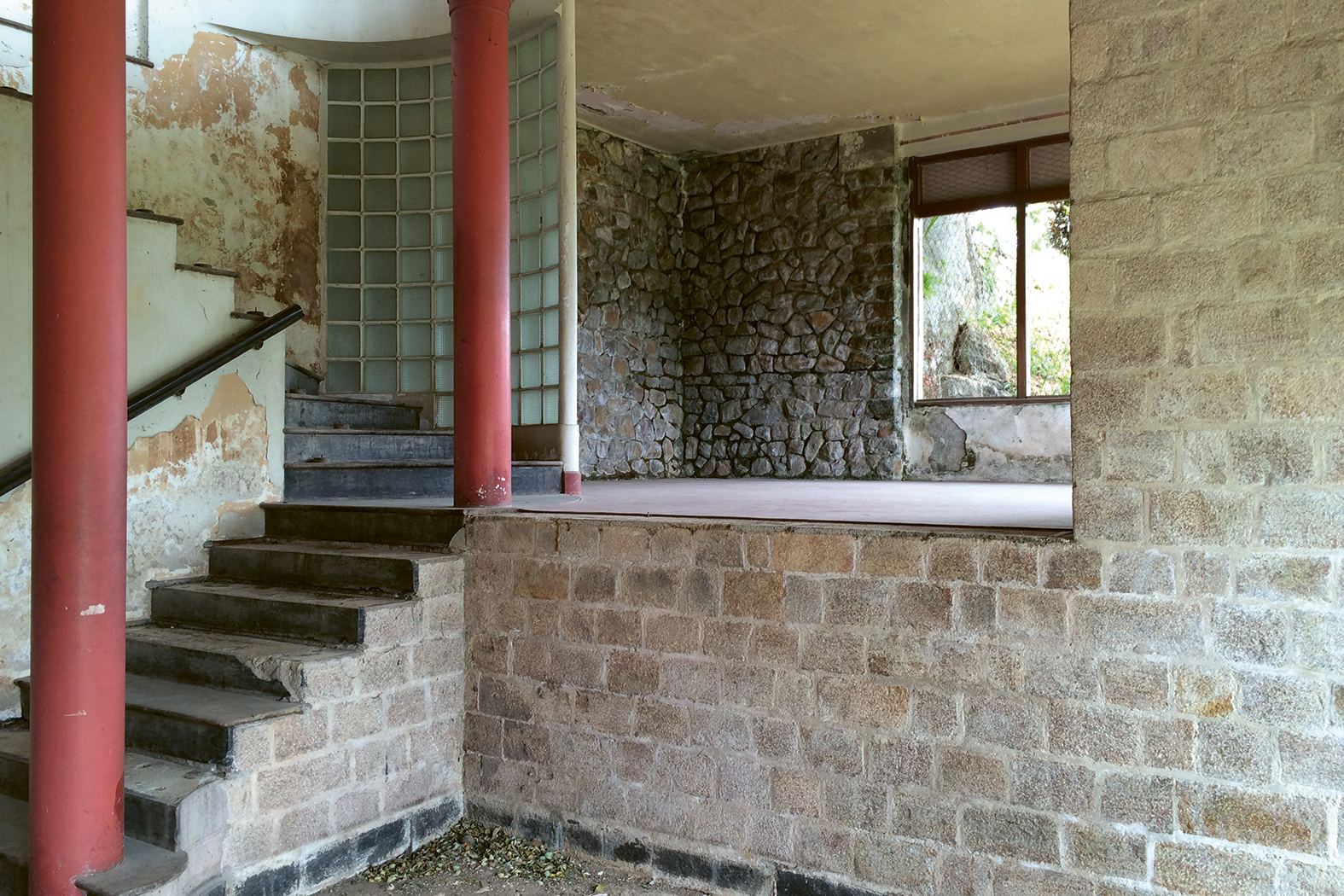
Karunaratne Home, Kandy by Minette de Silva’s Studio of Trendy Structure
(Picture credit score: Mack Books)
To mark her first fee in 1947 (a home in Kandy for her father’s enterprise accomplice Algernon Karunaratne), De Silva based her Studio of Trendy Structure, working from an extension she designed subsequent to her household residence, and which served as her base for her complete profession.
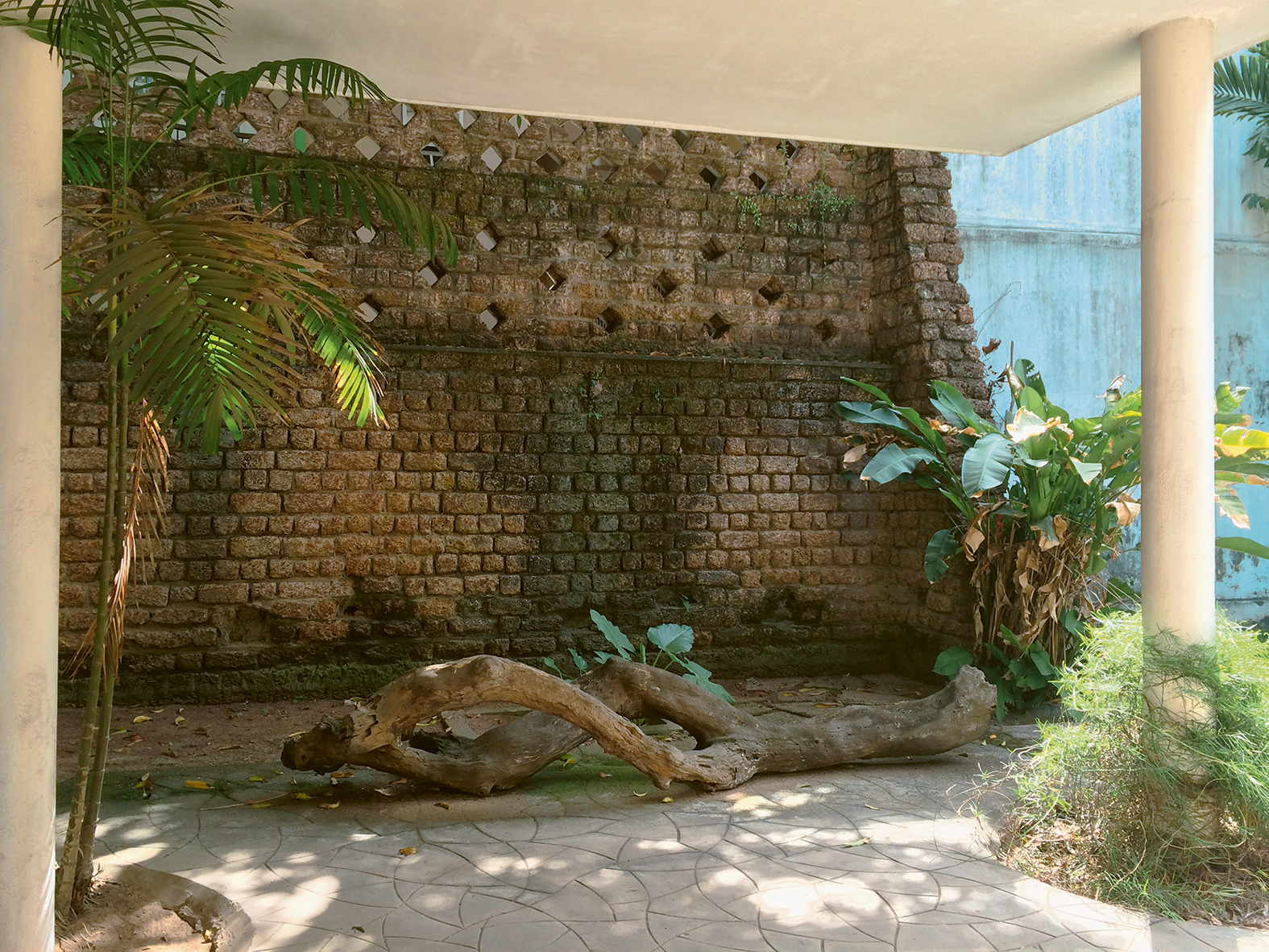
The backyard at Pieris Home, Colombo, by Minette de Silva’s Studio of Trendy Structure
(Picture credit score: Mack Books)
In the present day, she is understood for her designs and constructions encompassing housing initiatives, public establishments, settlement planning, and experiments in fabrication and handicraft design – most in Sri Lanka and a few in India. Her apply treats structure as a lived expertise and a up to date expression of the native traditions, with initiatives together with the Kandyan Artwork Affiliation constructing (1982–84) on Kandy’s central lake, and the Ceylon Match Manufacturing unit (1958) in Colombo.
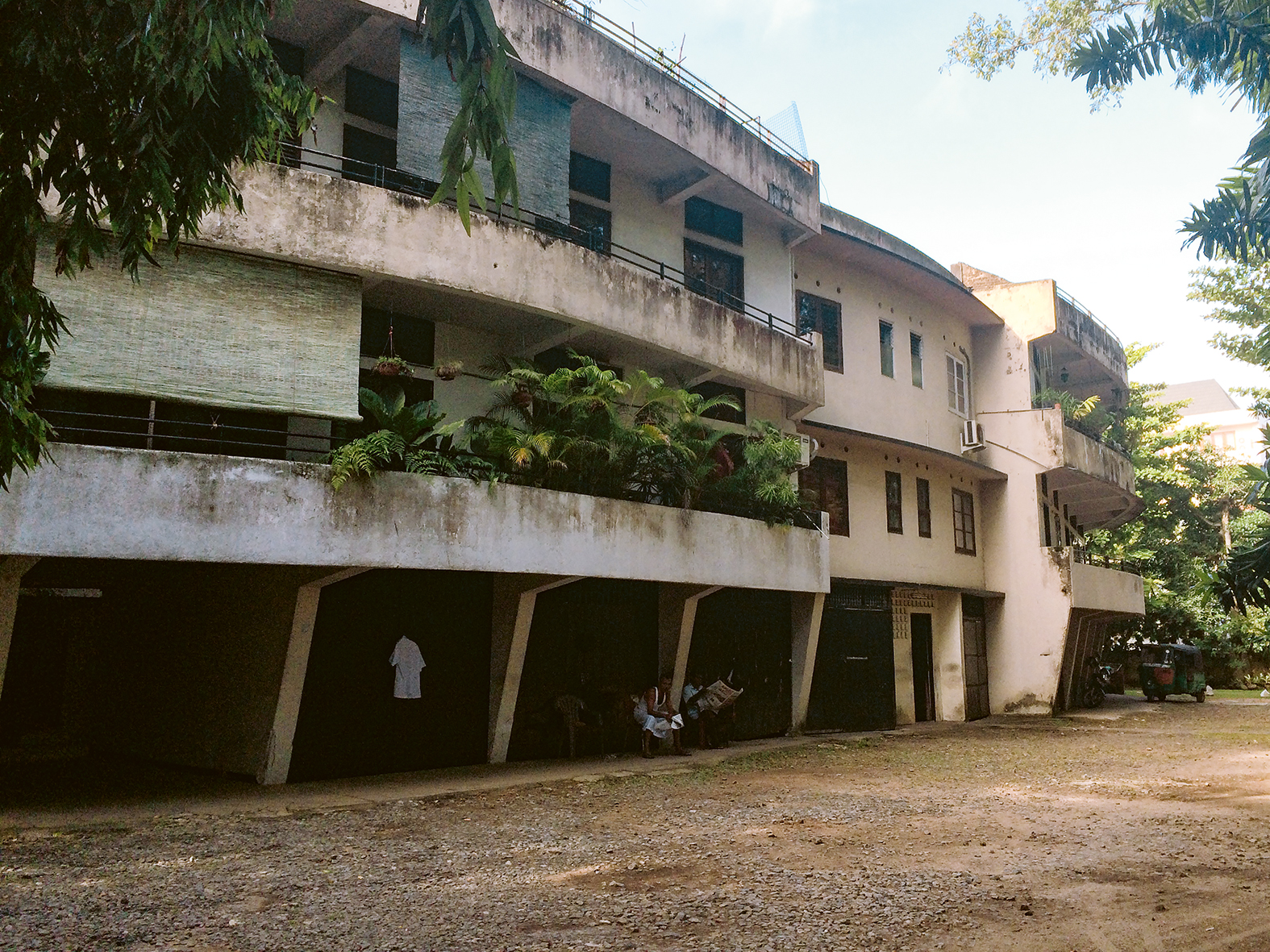
Senanayake Flats, 1954–57, Colombo, by Minette de Silva’s Studio of Trendy Structure
(Picture credit score: Mack Books)
‘Her designs usually built-in a Nineteen Twenties continental European modernist idiom of strengthened concrete slabs on pilotis, with natural supplies starting from stone to grasses, in addition to hand-fabricated components by craftspeople working in traditions acquainted in Kandy, comparable to weaving, lacquered wooden, and terracotta tile aid,’ writes Siddiqi, who additionally notice that De Silva was an engaged presence on the development website and actively engaged the engineers and fabricators of buildings – a hands-on method that noticed her take non-public lessons in trendy weaving practices to be able to higher perceive the work of the craftspeople she engaged.
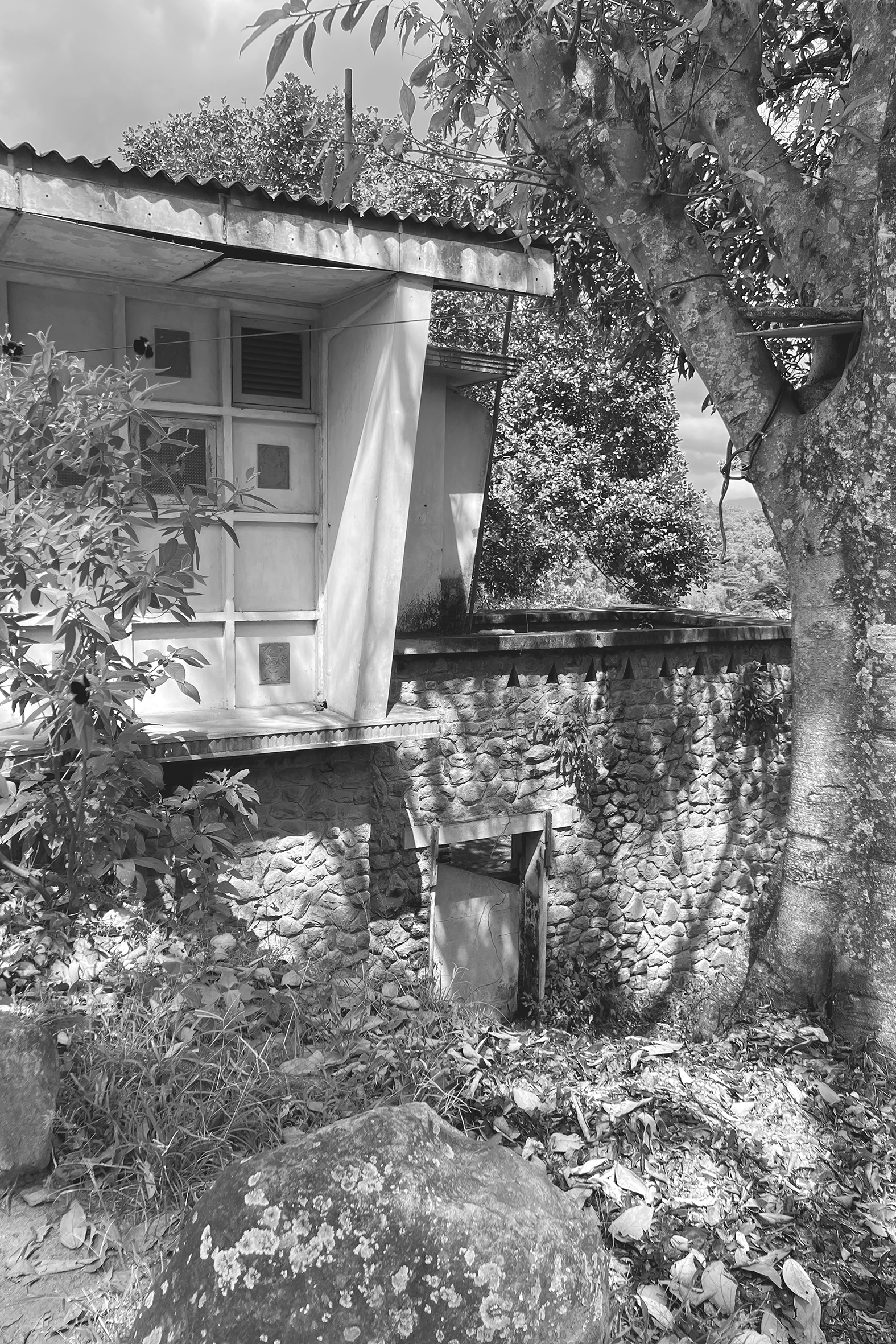
Karunaratne Home, Kandy by Minette de Silva’s Studio of Trendy Structure
(Picture credit score: Mack Books)
To depart the final phrase to the architect herself: ‘A lot of my work has been primarily based on discovering a workable synthesis of conventional and trendy structure. All through my childhood, I had lived and moved amongst Kandyan craftsmen and artists,’ wrote De Silva. ‘I made a decision to stay in Kandy, it being the centre of Ceylon and the guts of our Nationwide custom.’
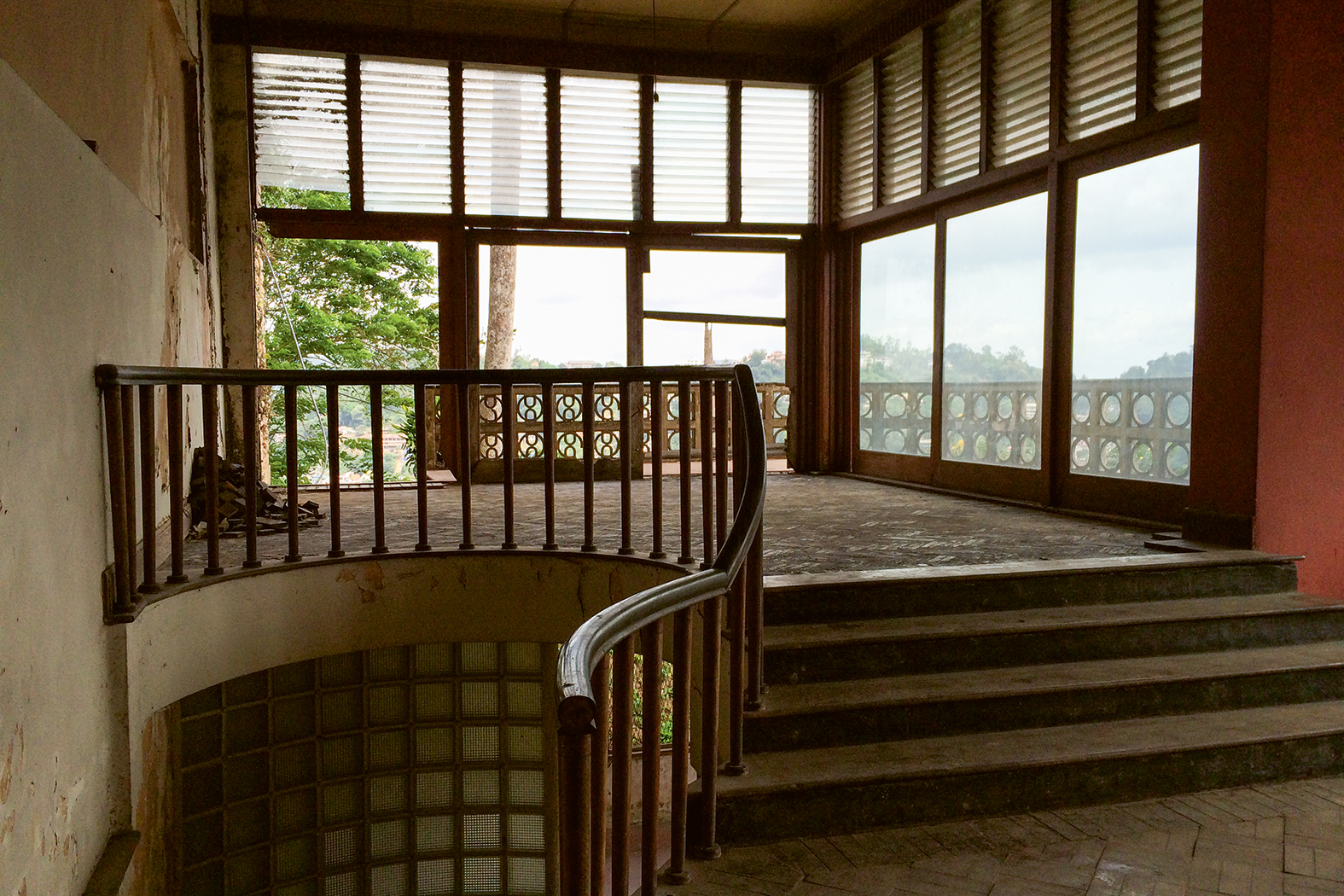
The previous front room at Karunaratne Home, Kandy by Minette de Silva’s Studio of Trendy Structure
(Picture credit score: Mack Books)
‘As soon as that call was taken, I went again to the craftsmen I had recognized since my childhood days. As soon as extra I bought to know the dancers, the “Dumbara” mat weavers, in reality, all of the artisans within the totally different crafts and determined to introduce their work into modern trendy artwork to determine the precept of all artist-craftsman being concerned with structure.’
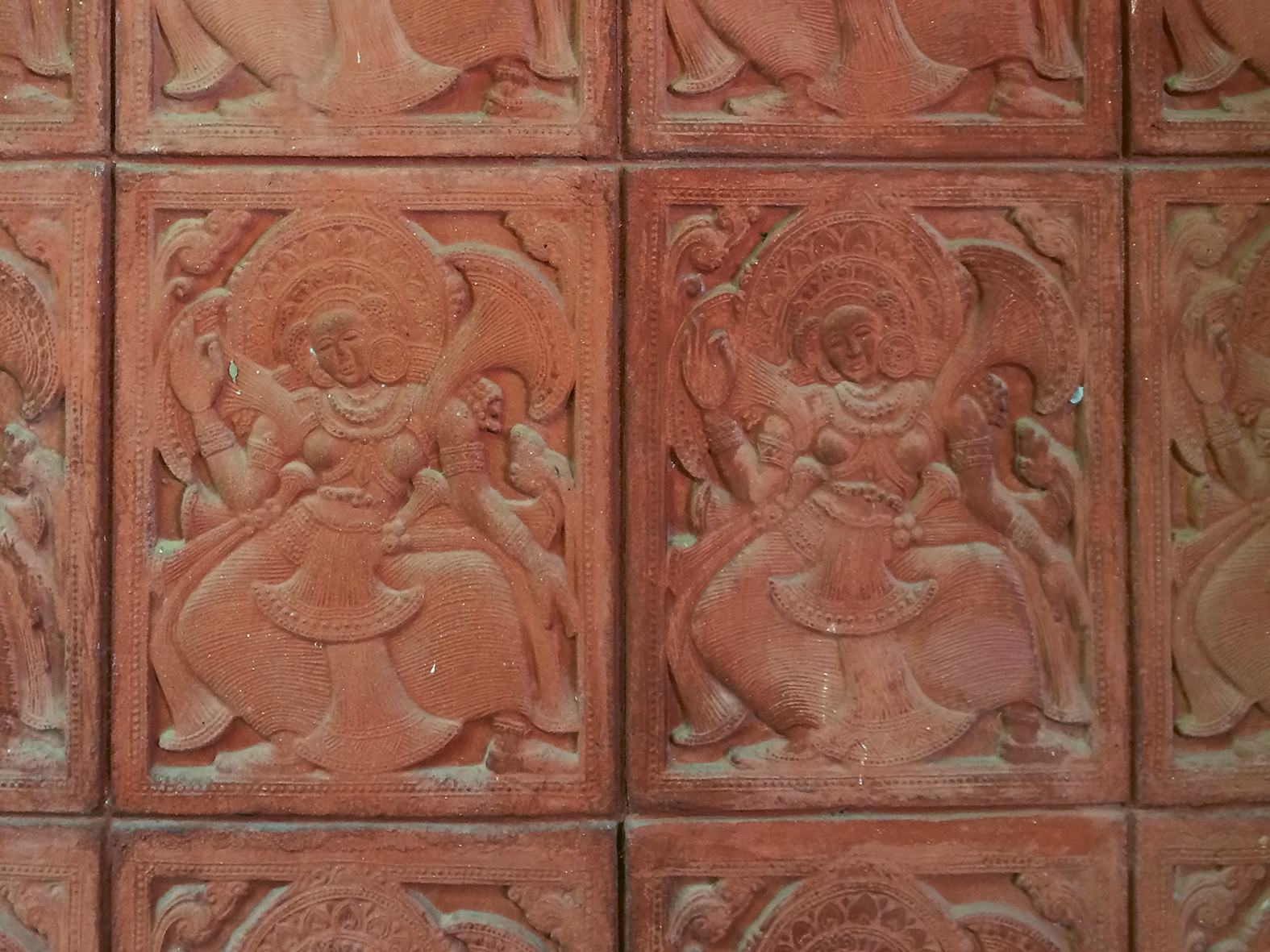
Wall with utilized decorative terra-cotta tile with Kandyan dancer motif at Pieris Home, Colombo
(Picture credit score: Mack Books)
A pioneering philosophy that resonates with a lot of at present’s younger architects within the area, comparable to those in neighbouring India, featured in our latest article on 9 rising Indian structure studios.
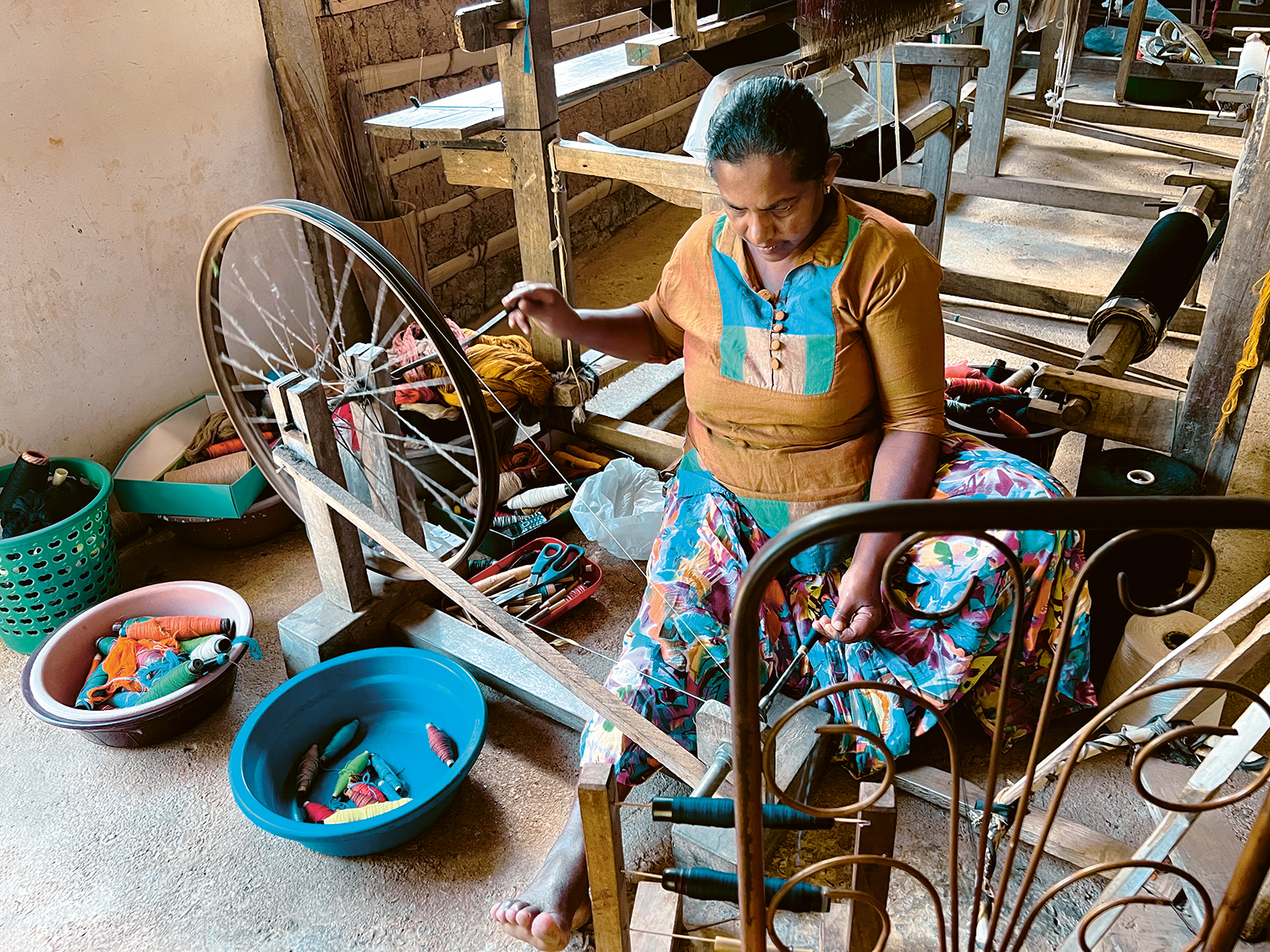
Handloom weaving on a spinning wheel product of bicycle components
(Picture credit score: Mack Books)
Minnette de Silva: Intersections (£25, Mack, 2024), by Anooradha Iyer Siddiqi, researched with Methmini Kariyakarawana, obtainable at mackbooks.co.uk and Amazon
Supply: Wallpaper

